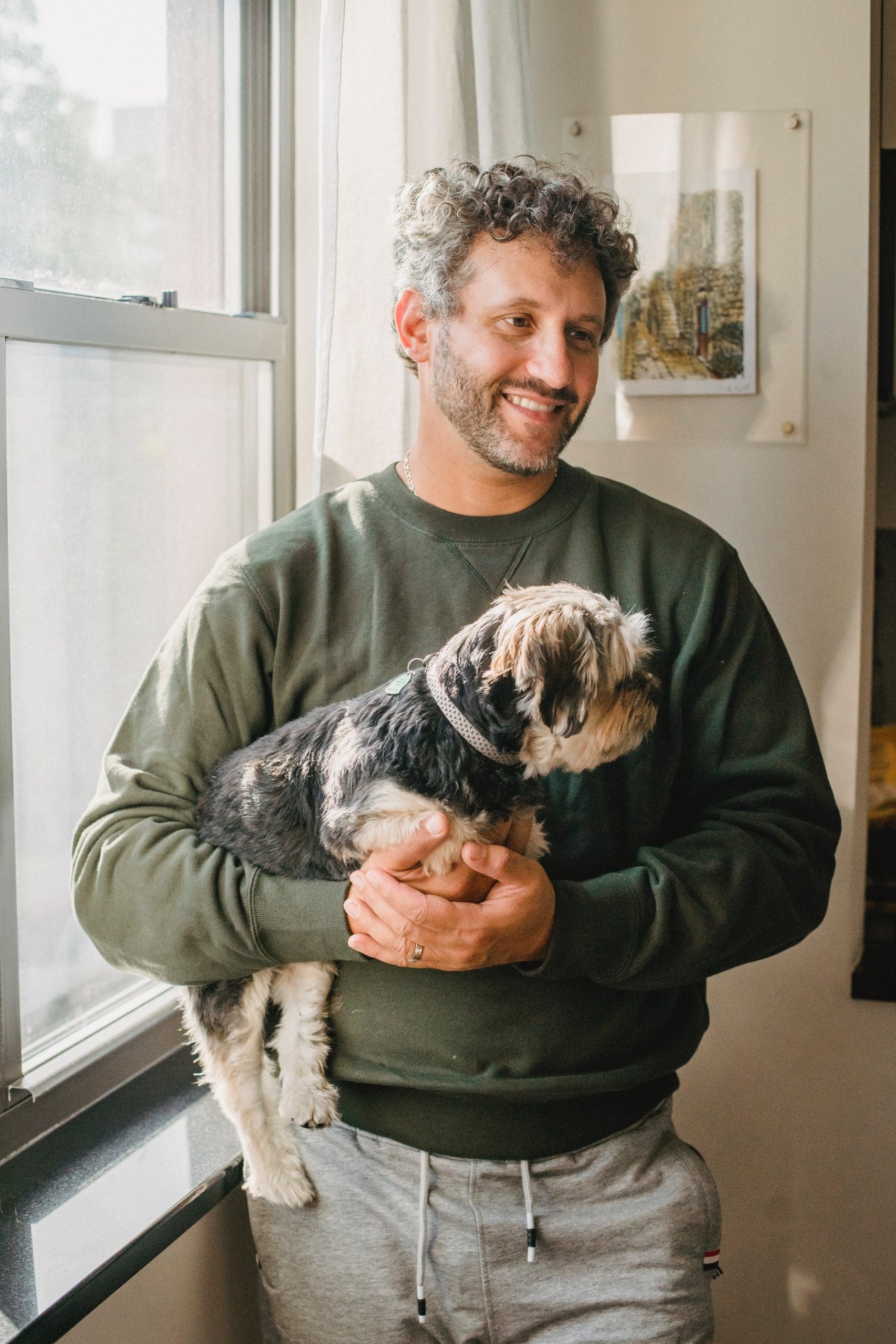As a dog owner, concerns about your pet’s health are common, particularly regarding their eating habits. A frequent worry is how long a dog can withstand periods without food. Whether due to illness, stress, or being a picky eater, there are times when a dog might refuse to eat. Understanding the factors that impact a dog’s ability to go without food can help determine whether veterinary assistance is necessary.
Nutritional Needs and Survival Time
Dogs have varying nutritional needs based on age, size, breed, and overall health. Although it might be tempting to assume that dogs are robust and can survive days without food, the truth is more complex. Generally, a healthy adult dog can last about three to five days without food. However, this duration can vary significantly due to several factors.
Metabolism and Activity Level
A dog’s metabolism is crucial in determining how long they can endure without food. Smaller dogs typically have faster metabolisms compared to larger breeds, necessitating more frequent meals. Consequently, a small dog may not last as long without food as a larger one. Activity level also plays a role; an active dog expends energy more rapidly than a sedentary one, leading to a quicker decline in health if food is not provided.
Age Considerations
Age is another vital factor. Puppies have distinct nutritional requirements and cannot go without food for extended periods. Due to their rapid growth, puppies need consistent nourishment. If a puppy goes without food for more than 12 hours, serious health issues can arise. Young dogs are still learning to regulate their eating habits and may skip meals more frequently than adults. However, this does not imply that extended periods without food are safe for them.
Health Conditions and Appetite
Health conditions significantly impact a dog’s ability to survive without food. Dogs suffering from illnesses or chronic conditions may show a decreased appetite. If an already unwell dog goes without food, even for a short time, it can worsen their condition and lead to severe complications. Monitoring any changes in your dog’s eating habits is essential, particularly if they are sick.
The Importance of Hydration
Hydration plays a crucial role in a dog’s ability to go without food. Dogs can survive longer without food than they can without water. Most dogs can manage about three days without water, but this can vary based on factors like temperature and activity level. A dog that isn’t eating but is still drinking water may survive longer, but ensuring hydration is vital, as dehydration can lead to serious health issues quickly.
Behavioral Factors Affecting Eating Habits
If a dog refuses to eat for over 24 hours, it’s important to explore potential reasons. Stress and anxiety can lead to decreased appetite. Changes in routine, new environments, or the introduction of new family members or pets can trigger anxiety in dogs. Some dogs may also experience stress during travel or vet visits, affecting their eating habits. Creating a calm and stable environment can help encourage your dog to eat.
Picky eating is another reason some dogs may skip meals. Dogs can develop preferences for specific types of food, and changes in their diet might lead to reluctance to eat. Offering a balanced diet that meets their nutritional needs while remaining appealing is essential. If a dog consistently refuses food, consulting with a veterinarian can help explore options to entice them.
Dental Health and Eating
Another consideration is the potential for dental issues or other physical discomforts to impact a dog’s appetite. Dogs can experience dental problems that make eating painful. If you suspect your dog is in discomfort, seeking veterinary care is important to address any underlying issues. Regular dental check-ups can prevent problems that may lead to a loss of appetite.
Monitoring Weight and Eating Patterns
Monitoring your dog’s weight provides valuable insights into their health. Sudden weight loss may signal underlying health problems, while weight gain could indicate a lack of physical activity or overfeeding. Keeping track of your dog’s weight and eating habits allows for early identification of concerning trends.
When assessing how long dogs can survive without food, each case is unique. If a healthy dog refuses to eat for more than a couple of days, consulting with a veterinarian is advisable. They can help identify potential health issues or recommend strategies to stimulate your dog’s appetite, preventing complications from prolonged periods without food.
Special Considerations for Puppies
For puppies, the stakes are particularly high. Due to their growth needs, puppies should not go without food for more than 12 hours. If a puppy refuses to eat for this duration, seeking veterinary advice is crucial. Young dogs are more susceptible to health complications related to poor nutrition, making prompt action necessary.
Strategies to Encourage Eating
If your dog is eating inconsistently, consider offering smaller, more frequent meals. This method can stimulate appetite and ensure they receive necessary nutrients throughout the day. Additionally, incorporating wet food or adding warm water to dry food can make meals more appealing to reluctant eaters.
Aging dogs may also experience appetite changes. As dogs age, their energy requirements often decrease, leading to less frequent eating. Monitoring their weight and ensuring they receive adequate nutrients is essential for maintaining their health.
For dogs on medication, some medications may reduce appetite as a side effect. If your dog has stopped eating while on medication, consulting with a veterinarian is advisable to discuss alternative solutions that encourage eating.
Understanding how long a dog can go without eating requires considering various factors such as age, size, health status, and environmental influences. Vigilance is essential if your dog stops eating for over 24 hours. Seeking veterinary assistance can help ensure your dog remains healthy and happy, allowing for many more joyful moments together.

